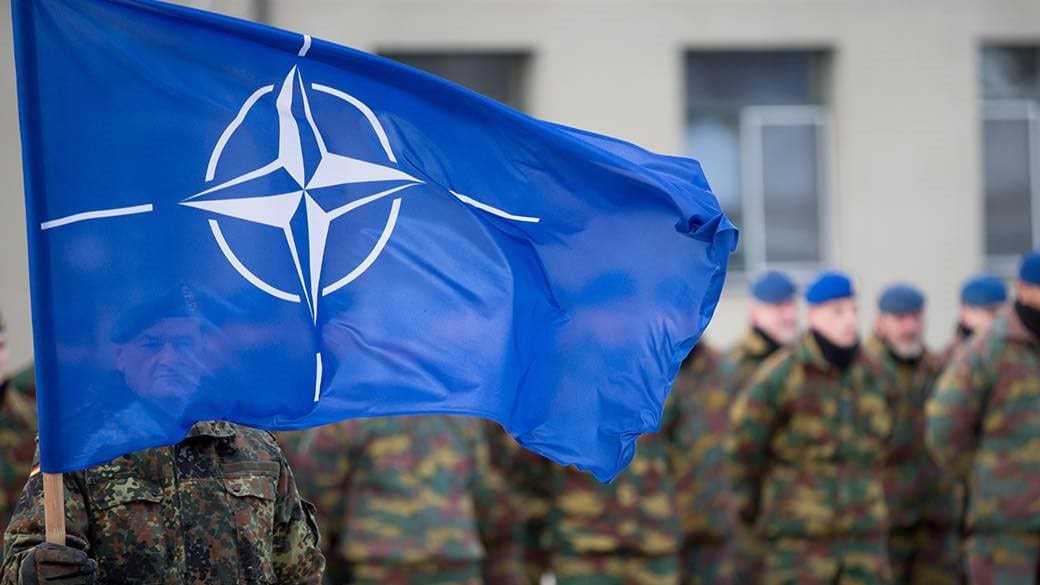Just before the Hungarian parliament voted on Finland’s NATO accession, Máté Kocsis, leader of the Fidesz parliamentary group responded to concerns of ordinary Finnish citizens and politicians had signalled to him on his social media.
Kocsis wrote: ’Over the weekend, I received many emails from Finland in which many politicians and citizens expressed concerns about their country’s NATO accession. Among other things, they miss the input of the Finnish people, a referendum for example.’ Kocsis added that in their messages, the Finnish citizens said they are afraid that after joining NATO, ‘Finland will no longer remain a neutral, peaceful country, as their approximately 1300-kilometre border with Russia could become a hotspot for armed conflicts. They also fear that the United States will, as they put it, “exploit Finland and Finnish soldiers to assert its own interests against Russia.”’
Kocsis concluded:
‘Based on all these, they asked us not to contribute to the country’s NATO accession. These are serious allegations that rightly worry many Finnish citizens. In our view, it is right to ask people’s opinions on every important issue. We understand these concerns, partly agree with them, but it is too late to open debates on these issues. We have decided to vote for Finland’s accession to NATO.’
‘Hungary is a committed member of NATO and the European Union, so we will do everything in our power to promote and maintain peace, and the Finnish people can count on us in this regard. We Hungarians have a special historical friendship with Finland, our allies. We have received confirmation from them that Hungary will receive the respect it deserves in line with the spirit of this in the future. Let’s work together for peace! Let’s demand an immediate ceasefire and negotiations, not arms shipments!’
The Hungarian parliament ratified Finland’s NATO accession on 27 March, with 182 votes in favour and six against. Radical right-wing Mi Hazánk was the only party that did not support the Finns joining the North Atlantic Alliance. The party argued that by allowing Finland into NATO a long stretch of land border with Russia is created, which in creases the chances of a war.
Finnish Pm Sanna Marin thanked Hungary for the move, urging, however, that the Hungarian legislature also goes ahead with the approval of Sweden’s NATO accession.
Sanna Marin on Twitter: “Unkari on ratifioinut Suomen Nato-jäsenyyden. Kiitos selvin luvuin tehdystä päätöksestä! Suomen ja Ruotsin Nato-jäsenyydet vahvistavat koko liittokunnan turvallisuutta. On kaikkien etu, että myös Ruotsi on Naton jäsen ennen Vilnan huippukokousta. / Twitter”
Unkari on ratifioinut Suomen Nato-jäsenyyden. Kiitos selvin luvuin tehdystä päätöksestä! Suomen ja Ruotsin Nato-jäsenyydet vahvistavat koko liittokunnan turvallisuutta. On kaikkien etu, että myös Ruotsi on Naton jäsen ennen Vilnan huippukokousta.
The Peculiar Situation of Finland
Indeed, Finland shares one of the longest borders with Russia, which has historically influenced Finnish security policies. Finland has traditionally maintained a policy of military non-alignment, which means that it does not align itself with any military alliance or bloc. This policy was formalised in the 1950s with the signing of the Finnish-Soviet Treaty of Friendship, Cooperation, and Mutual Assistance.
After the end of the Cold War and the breakup of the Soviet Union, Finland began to reassess its security policies. In 1994, Finland joined the Partnership for Peace (PfP) programme, a NATO initiative aimed at building cooperative relationships between NATO and non-NATO countries in Europe. Finland has participated actively in the PfP programme, as well as in other NATO-led operations, such as the Kosovo Force.
In recent years, Finland has become increasingly concerned about Russia’s assertiveness in the region, including its annexation of Crimea in 2014 and its involvement in the conflict in Eastern Ukraine. These developments have led some Finnish politicians and analysts to call for a reassessment of Finland’s military non-alignment policy and to consider the possibility of joining NATO.
However, there is also significant opposition to NATO membership in Finland, with some arguing that it would provoke Russia and compromise Finland’s traditional policy of neutrality. In 2018, the Finnish government announced that it would not be seeking NATO membership; however after the Russian aggression in Ukraine, they had to reconsider. While some citizens still oppose this decision, most support it.
Related articles:







